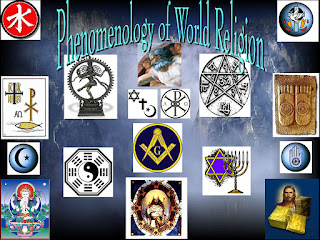Monday, December 24th, Christian pilgrims
gathered in Bethlehem to celebrate the birth of Jesus. Bethlehem is in area
known as the West Bank. According to NPR
…
…Israeli archaeologists now say there is strong evidence that Christ was born in a different Bethlehem, a small village in the Galilee. About 100 miles north of where the pilgrims gathered, shepherds still guide their flocks through green unspoiled hills, and few give notice to the tucker-away village with the odd sounding name: Bethlehem of Galilee. But archaeologists who have excavated there say there is ample evidence that this Bethlehem is the Bethlehem of Christ’s birth. … It was inhabited by Jews. I know it was Jews because we found here remnants of an industry of stone vessels, and it was used only by Jews and only in the period of Jesus. He also found artifacts which showed that a few centuries later the community had become Christians and had built a large and ornate church. He says there is significant evidence that in early Christianity this Bethlehem was celebrated as the birthplace of Jesus. The emperor Justinian boasted of building a fortification wall around the village to protect it. The ruins of that wall … still circle parts of the Galilee village today.












